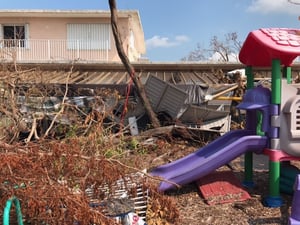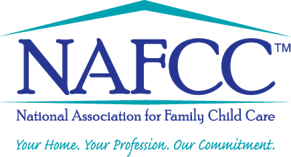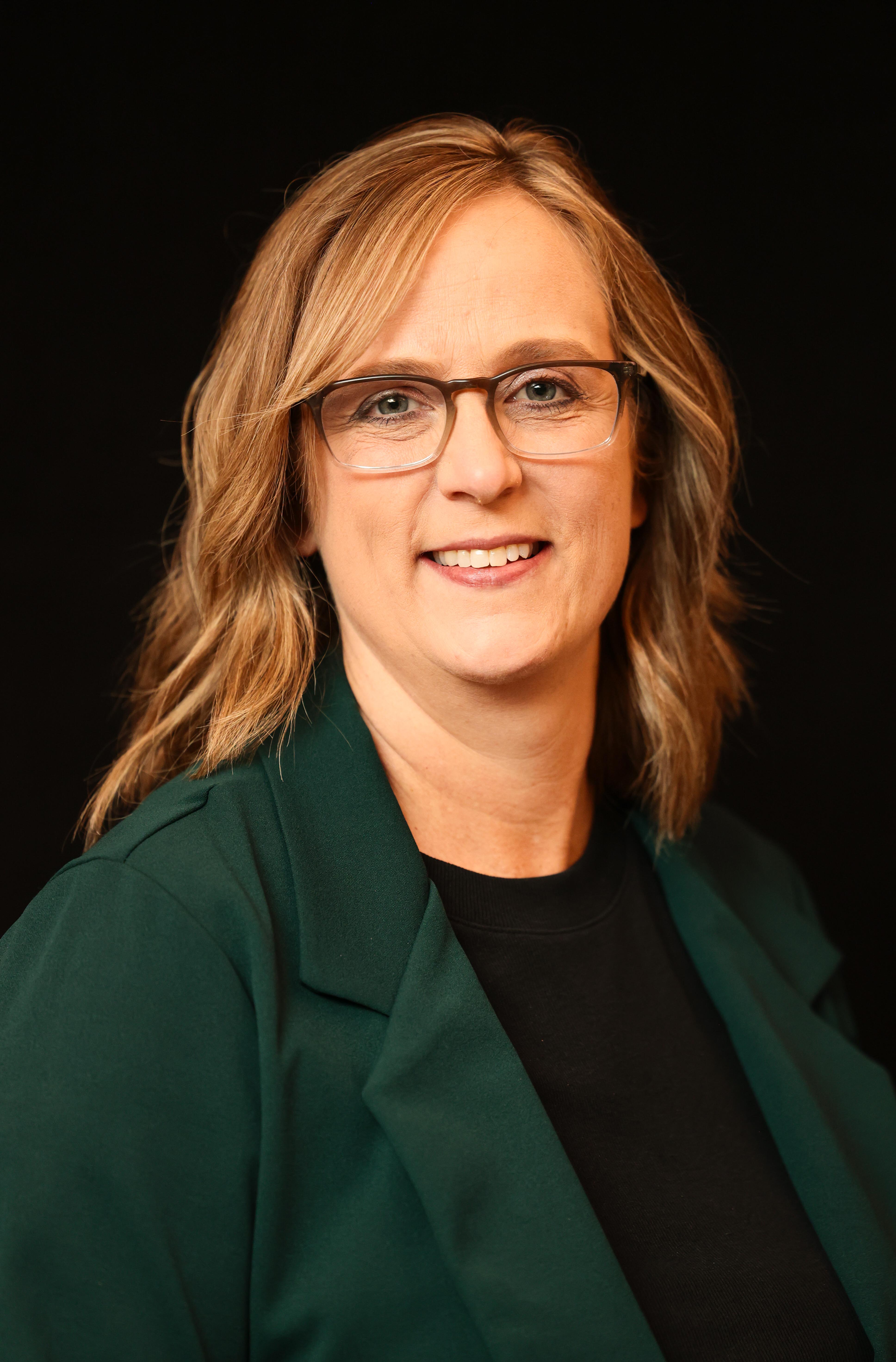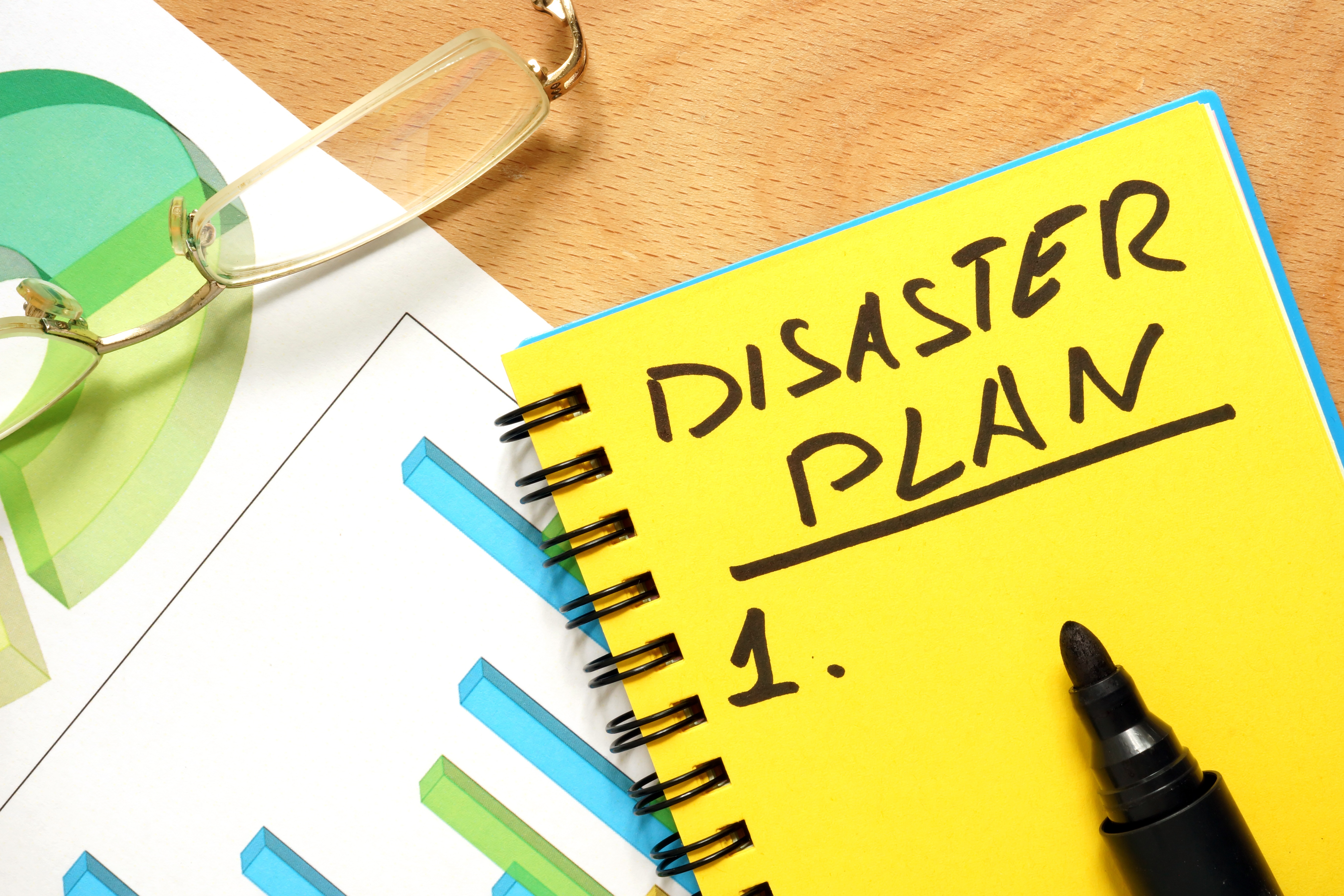
The horrific damage caused by Hurricane Harvey on the Texas gulf coast reminds us of the profound impact that disasters have on children and adults, resulting in feelings of uncertainty for everyone. Young children do best when their lives have predictable caregivers, schedules, and settings. A disaster can throw all of those things off balance, causing emotional stress and developmental challenges for children.
From a community perspective, the availability of child care after a disaster is an important part of recovery efforts because it ensures that children are safe while parents make efforts to rebuild their lives and communities.
A recent national survey conducted by Child Care Aware® of America assessed the emergency preparedness knowledge of various constituents, including parents, child care professionals, and child care resource and referral agency (CCR&R) staff. The survey revealed that knowledge of disaster recovery resources was an area of need for everyone. In fact, one-third of CCR&R staff respondents reported having little or no knowledge about recovery from emergencies (i.e., activities following disaster response, which may include helping families locate temporary child care, conducting damage assessments, and accessing funds for child care recovery). Preparing CCR&Rs before a disaster and giving them access to resources that help them avoid the last minute scramble for aid and resources is essential to emergency preparedness.
In the fall of 2017, Child Care Aware® of America's emergency preparedness team launched an all new Disaster Response and Recovery Webinar Series to help meet CCR&R staff needs. The webinar series introduced CCR&Rs to partnering organizations who serve in a response/recovery capacity and provided an overview of resources available to children and families. The webinar series was also designed to help CCR&R organizations better understand their role after disasters.
We invite you to explore the archived webinar series!
Child Care Disaster Response and Recovery Webinar Series
Coordination of Emergency and Respite Care Post Disasters
In the midst of chaos created by natural or human caused disaster, emergency child care may be needed for rescue and relief workers to enable them to do their critical jobs. In this webinar, staff from Montana’s child care resource and referral agencies (CCR&Rs) will provide an overview on their role in coordinating emergency child care for front line staff, such as first responders and medical personnel. Children's Disaster Services is another CCR&R partner that is often called to emergency shelters and disaster assistance centers to provide respite care through a calm, safe, and reassuring presence for families and children. Learn more about the type of support that they offer to families with young children as well as their efforts to train volunteers to provide this invaluable service.
When Disaster Strikes: Protecting Your Family Child Care Business
Hurricanes Harvey and Irma are unfortunate reminders that damages and loss from natural disasters can have a significant impact on your child care business. Insurance is a key component of a comprehensive plan to prepare for emergencies. Unfortunately, many family child care providers do not have the right type of insurance—your current policy may be inadequate to protect the children in your care, your family, and your property. In this webinar, Tom Copeland, the nation's leading expert on the business of child care, will offer family child care providers tips on how to ensure you have adequate insurance coverage (home, business property, business liability, and vehicle), how to deduct expenses for items damaged or destroyed in a hurricane or other disaster, and how to prepare for the next emergency.
Helping Children and Families after Disasters
Disaster changes lives—especially for children. Whatever type of disaster or trauma they have experienced, children often need support to process what has happened. Even in the most difficult of circumstances, children and families can find strength and resilience within their community. In this webinar, learn more about the efforts of Sesame Street in Communities and Camp Noah to build resiliency skills.
Supporting Children in the Aftermath of Disasters
Disasters have the potential to cause short- and long-term effects on the psychological functioning, emotional adjustment, health, and developmental trajectory of children. In this webinar, Dr. David Schonfeld, MD, FAAP (former member of The National Commission on Children and Disasters) will share practical suggestions on how to identify common adjustment difficulties in children in the aftermath of a disaster and to promote effective coping strategies to mitigate the impact of the disaster as well as any associated bereavement and secondary stressors.
Addressing Post Disaster Financial and Resource Needs of Child Care Programs
Child care is a vital service to the community, so when child care is restored quickly after a disaster, the entire community recovers more quickly. In this webinar, presenters from the Federal Emergency Management Agency (FEMA) and Good360 will discuss how public agencies offering disaster relief and philanthropic organizations have a common interest in addressing the financial and resource needs that child care programs face after a disaster.
Special Thanks to Our Partner







